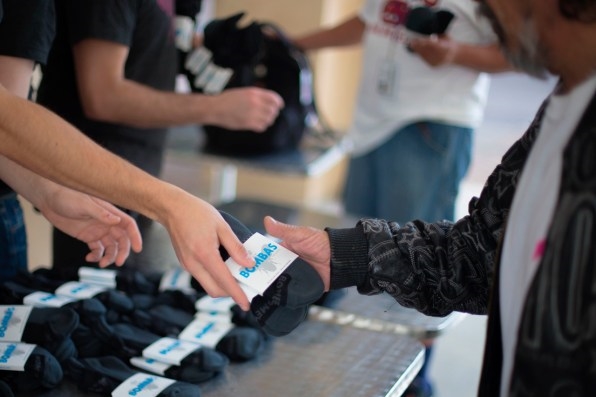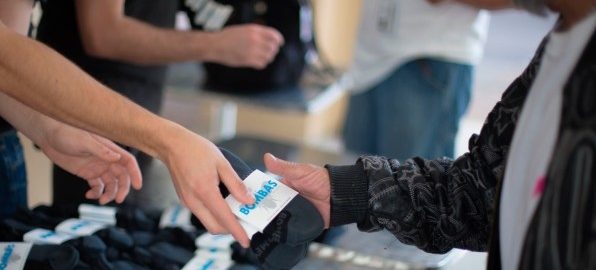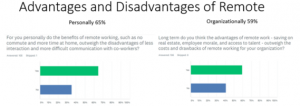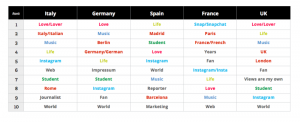By Randy Goldberg
Homelessness has been in the news a lot lately, and for good reason. It’s more visible in our cities, suburbs, and rural communities alike. Think about this: On any given night, more than 500,000 people experience homelessness in the U.S. Additionally, 1,300,000 children under the age of 6 experience homelessness at least one night a year.
The stats are sobering and daunting, but the more I’ve volunteered and the more I’ve listened to stories of individuals experiencing homelessness, the more I realize we can all make a difference in small ways that add up to actual, real, impact for our neighbors in need. The key, like in many facets of life, is not the big gestures, it’s showing up consistently. And it’s not as hard as you may think.

Which brings me to Giving Tuesday.
I love the idea of Giving Tuesday. I love the idea of memorializing and annualizing anything that makes people think of contributing to their community. And tying it to Black Friday and Cyber Monday is pretty genius.
But it’s just one day. People continue to struggle after the holiday season, and shelters and community organizations need help more than ever when helping is not top of mind.

I’ve seen this firsthand. I’ve cooked dinners at women’s shelters in January, volunteered at schools in the Bronx in the early fall, and worked alongside the amazing Shirley Raines and Beauty 2 The Streetz on L.A.’s skid row in the summer. My company Bombas has direct connections with 3,500 homeless shelters, nonprofits, and organizations of varying sizes and specialties focused on helping those in need, at risk, or experiencing homelessness year round. These organizations are doing the hard work, every day, every season, in every state.
St. Anthony’s in San Francisco, a community hub of essential services, feels the post-holiday lull every year: “We tend to see a decline in volunteer interest after the holidays, late December and January, which is a critical time for us,” says Veronica Surrette-Fahey, volunteer engagement manager. “It’s getting colder outside, and people need a warm meal, and we’re often operating with lower volunteer support.” And others feel it too: In a recent survey of our network, 75% responded that they receive the bulk of monetary donations during the fall and holiday season.
Based on everything we hear from these organizations, I’ve come to realize that small things, like volunteering one hour a month or pledging ongoing support, matter. Showing up consistently is critical, and taking the time simply to listen can shift every preconceived notion you might have about homelessness. And this can be easier than you think.
Here are some ways that you personally can take steps toward helping:
These individual acts can have a major impact, so just think about how that impact multiplies when a larger group, like a full company, acts together.
Volunteering as a company can provide benefits to your company, too. According to the 2022 Edelman Trust Barometer, 60% of global audiences choose a place to work based on their beliefs and social values. As a founder, I’ve seen how volunteering or feeling connected to a greater mission brings teams closer together and provides a joint purpose.
Here are a few ways to help orient your employees toward action:
I didn’t volunteer very often before I cofounded Bombas, I didn’t give money consistently, and I didn’t know much about homelessness. I know this all can seem daunting, like you don’t have the time or know where to start. But little things really do add up. Start small. Make a call. Leverage your resources. Commit to going back after the holidays. It will be worth it.
Randy Goldberg is a cofounder and chief brand officer at Bombas. To learn more about Bombas’ mission, visit www.BeeBetter.com, and to find out more about how to give back in your local community, check out the Bombas Giving Directory.
(24)
Report Post






